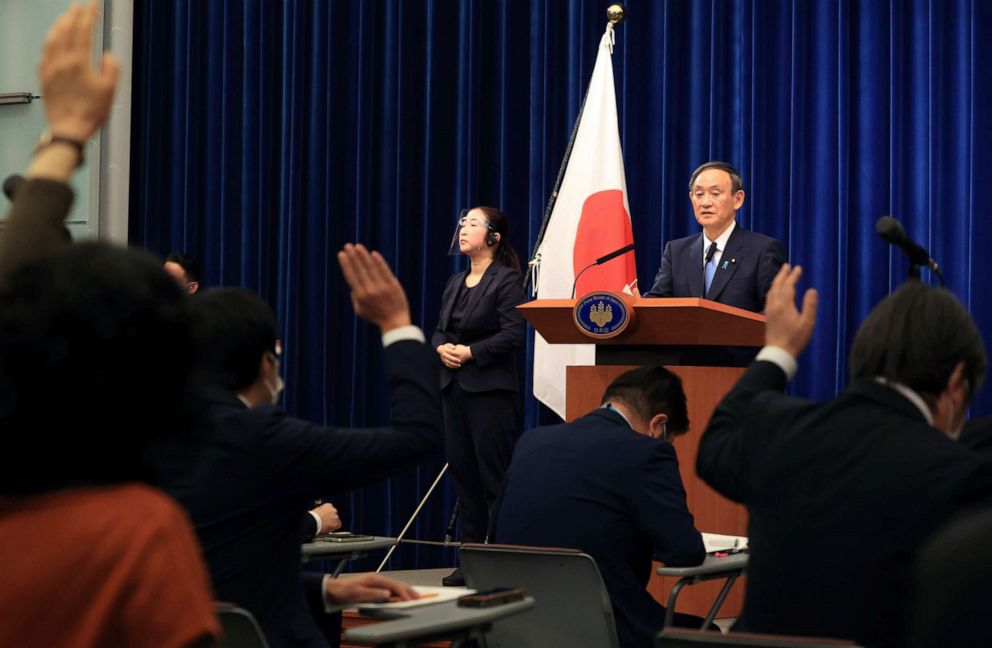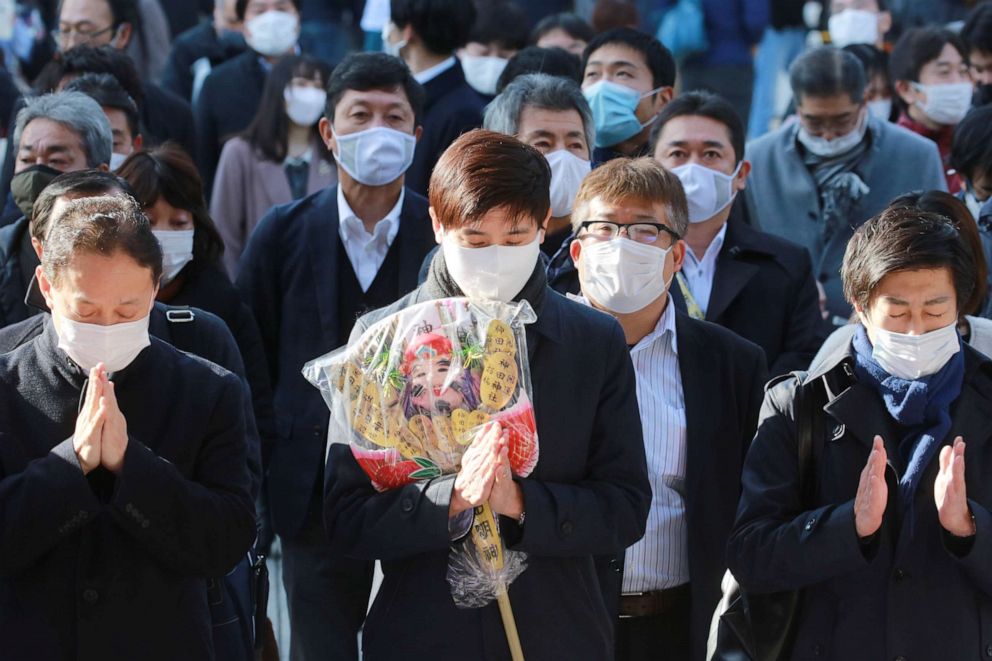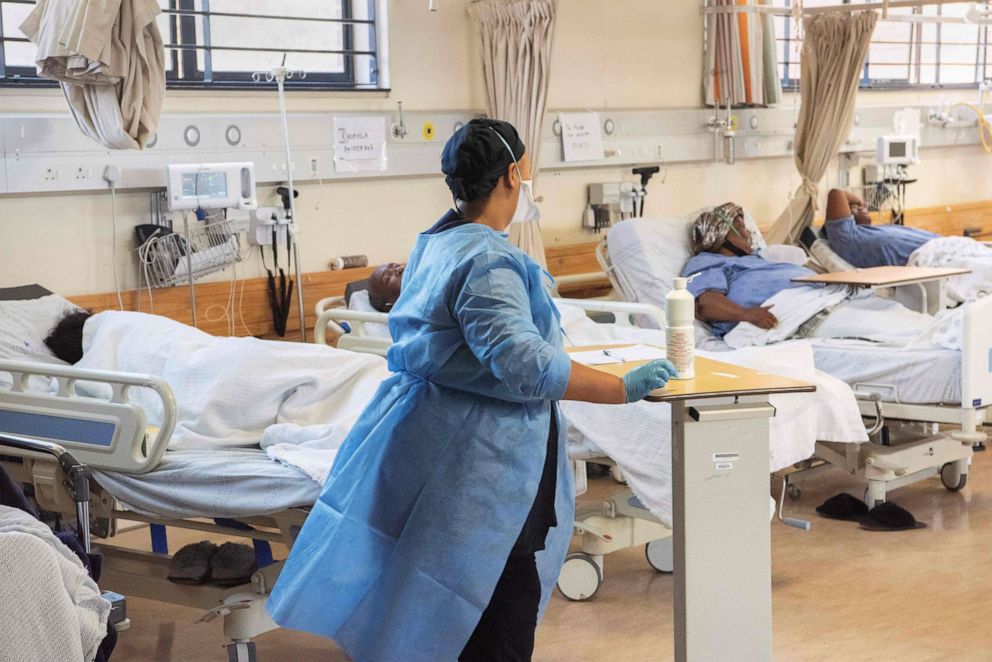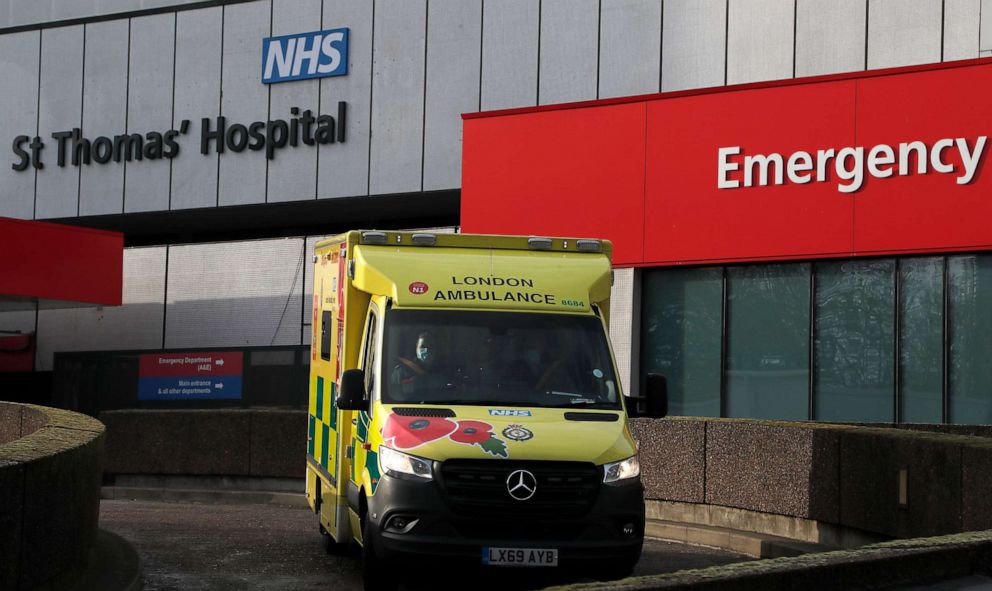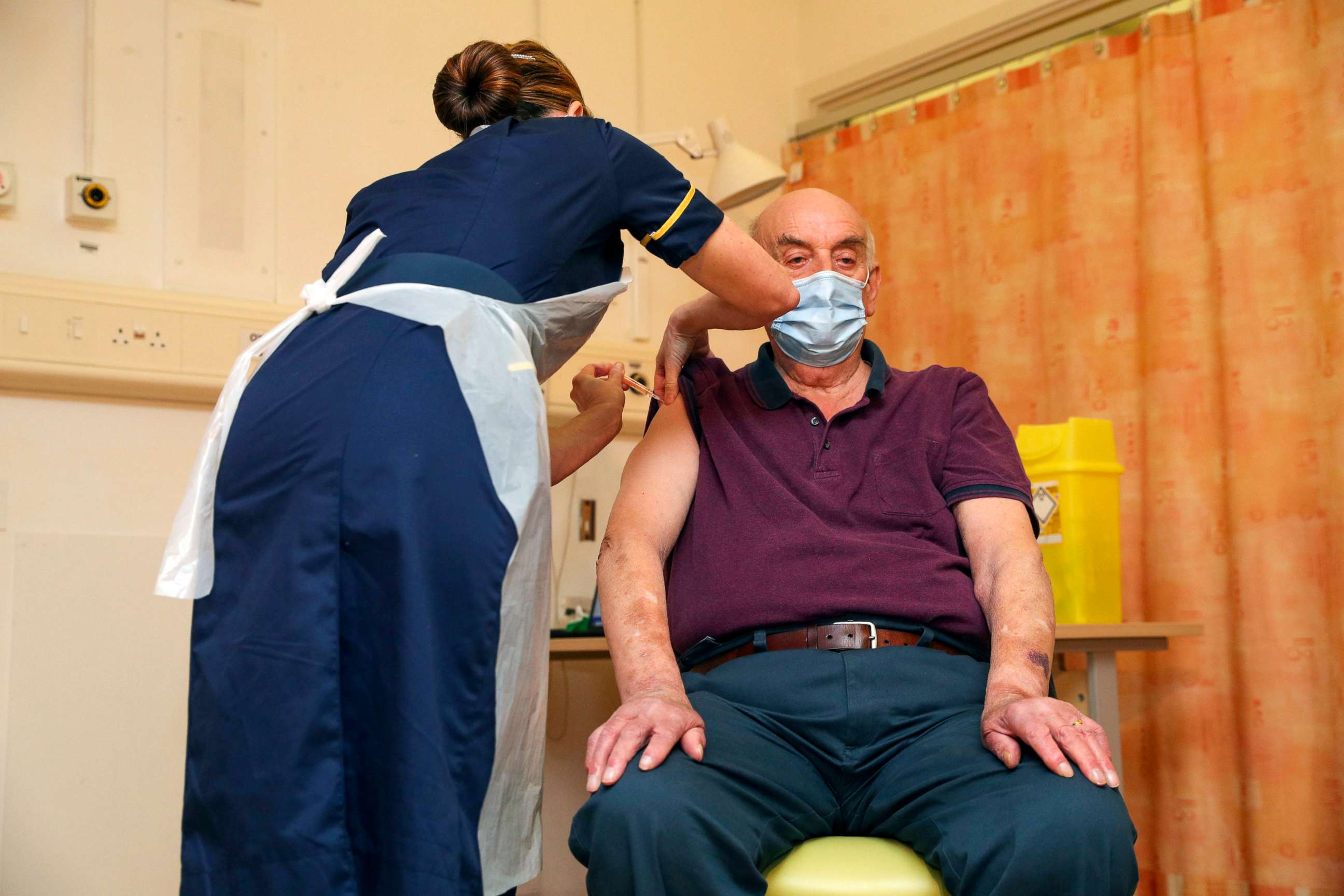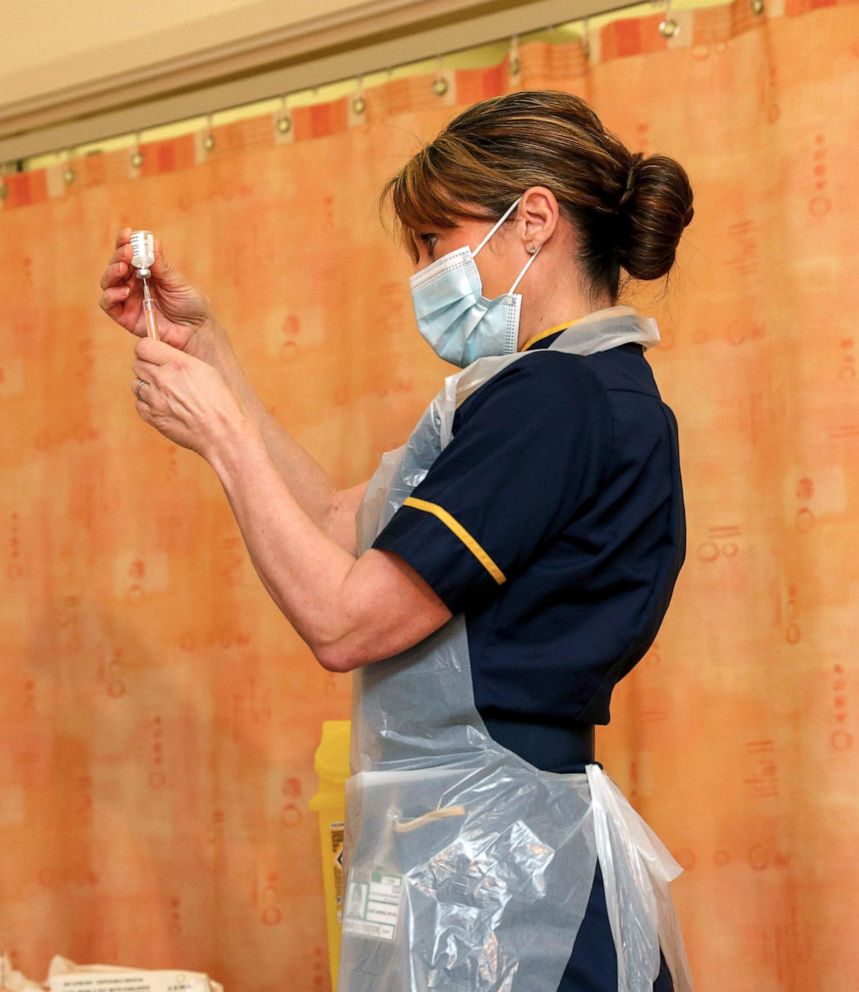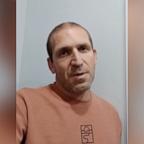HHS secretary 'surprised there haven't been more glitches' in vaccine rollout
U.S. Secretary of Health and Human Services Alex Azar said the nationwide distribution of COVID-19 vaccines is still on track and that he's "surprised there haven't been more glitches."
"We said our goal was to have 20 million first doses available in the month of December. Those are available, but there's a lag between doses being available, them being ordered by the providers in the states, shipping and then eventual vaccination, especially when you have Christmas and New Year's in the middle," Azar told ABC News' Robin Roberts in an interview Monday on "Good Morning America."
"This is just -- it's normal," he added. "This is the largest vaccination campaign in the history of the United States. I'm actually surprised there haven't been more glitches that we've seen so far."
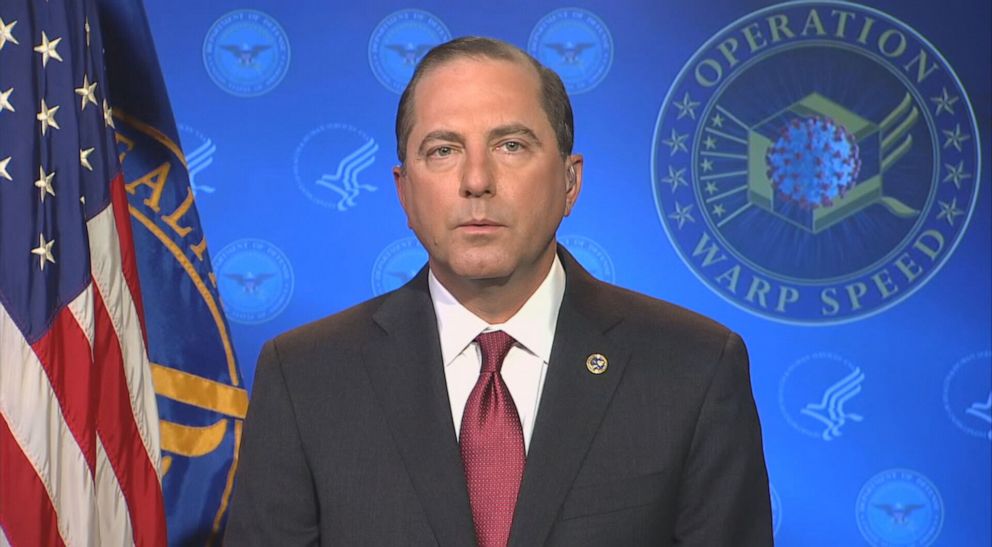
Azar's comments come after the Centers for Disease Control and Prevention published an update on the country's vaccine rollout, showing that 13,071,925 doses have been distributed and 4,225,756 have been administered as of 9 a.m. ET on Jan. 2. Some states have faced delays or other issues with their rollouts, with people being turned away at vaccination sites.
But Azar said there's been "a very rapid uptick" in just the last 72 hours of reporting, with an additional 1.5 million vaccine doses administered.
"I'm very hopeful that we're going to see a continued rapid uptick in that," he said. "Our states are on it, w're working with our governors, we're providing them help."
